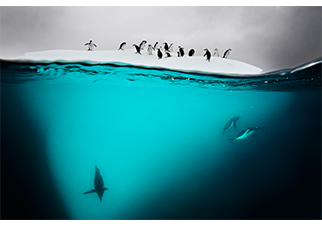Apart from being one of the leading Wildlife Photographers globally, over the years Ami Vitale has also taken monumental steps towards wildlife conservation. And with 2020 turning for the worst, she along with her friend Eileen Mignoni decided to start a new initiative ‘Prints for Nature’ to help those who are pushing boundaries in the frontline of the pandemic to help conservation. Bhavya Desai spoke to her to learn more. Excerpts:
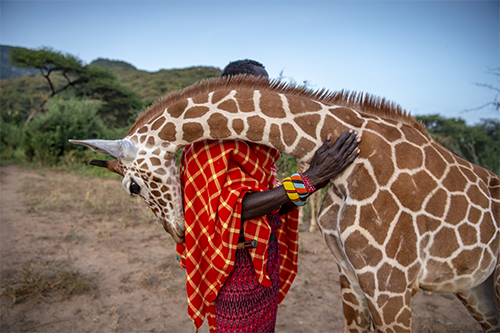
What is the ‘Prints for Nature’ initiative and what was the objective behind it?
‘Prints for Nature’is a fine art photographic print sale, offering collectors the chance to own work from some of the most impactful names in the photography industry and contribute to conservation. This is an independent initiative that includes over 85 renowned Fine Art and Nature Photographers who have generously donated prints for this cause. All of the net proceeds will go directly to support Conservation International’s core initiatives. I saw the need to support communities protecting wild lands and our most vulnerable species, at a time of critical need. The Covid-19 pandemic is devastating conservation efforts globally as tourism and economies have collapsed creating increasing pressure on nature. Driven by this desperation, poaching and deforestation is on the rise,I believed that by coming together, we could make an immediate impact.
In the early days of the pandemic, we were hearing heart-warming stories. It seemed that wildlife was getting a much needed break from humans and that they were thriving in the era of lockdowns. Finally, they were able to roam freely in cities and national parks! Unfortunately, the reality was much different. Tourism has been what has funded major conservation projects around the world, helping to protect wildlife, restore habitats and create awareness. When tourism crashed, so did the much needed protection for the animals and ecosystems. Contrary to popular belief, an empty national park is not a good thing for wildlife. Tourists fund conservation and they also keep poachers away.
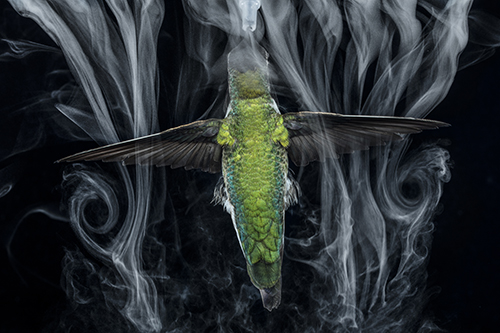
How is this initiative different from your previous efforts?
In the past, I have worked on fundraising efforts on a smaller scale,but this is the first time I’ve organised a group collaborative effort with so many incredibly talented photographers. It’s been a beautiful labour of love. My dear friend and colleague Eileen Mignoni and I have been doing everything from getting sponsorships to reaching out to the photographers, curating the gallery, building the website, working out the kinks, handling customer service, answering all questions that come in and media outreach. I chose Paper and Ink Studio to do all the printing because of the impeccable quality of their work.
How
important is wildlife conservation for nature and for you personally
as well?
Planet Earth is the only home we have and together we have poked some holes in our shared little life raft. I want everyone to experience and benefit from the diversity of habitat and life we have today in all of its forms – from glaciers to deserts, elephants to the tiniest of ants that inhabit the earth. We must not condemn future generations to a world bereft of these experiences.What happens next is in all of our hands. Nature is resilient if we give it a chance – if we give it our time. We all have the capacity to get engaged and use our voices to make a difference. The messenger matters just as much as the message itself. Each of us will be a much more powerful voice when speaking to the people in our lives.
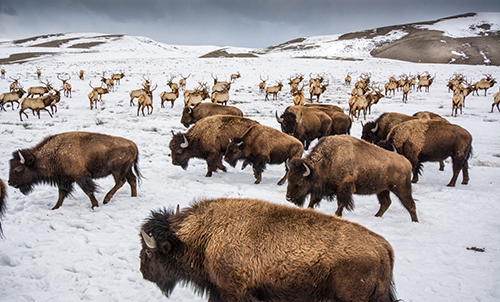
Apart from being such an inspiration to many, you’ve been constantly pushing the conservation boundaries. Where does that innate drive come from?
I believe we must first fall in love with the world around us. Love gives us the courage to make a difference. But I know it’s not just about loving this planet. Infact, that’s not going to save us. What’s going to save us is believing in the wonder of this world. Wonder allows us to go beyond the routine ways of thinking and to reimagine our future together, to reimagine a world graced by all the species that are on the edge of extinction right now.
Wonder shows us how deeply connected we are to one another and that our choices are profound in their impact. We all need to do all we can to care for the plants and critters that inhabit the earth. They are fellow travellers, and our only friends, in this cold dark universe. Our future happiness depends on them. Once you take that brave first step and allow yourself to fall in love, you open yourself to the experience of wonder. It is inexplicable and it changes everything.
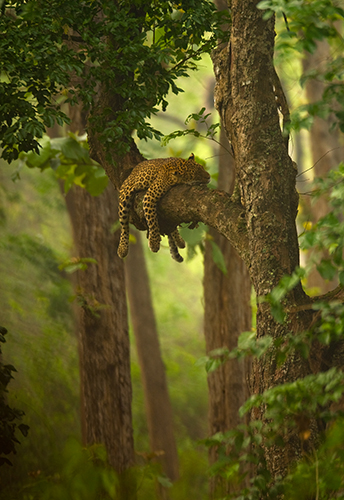
Do you feel we are doing enough in this direction or there is still a long road ahead?
Nature
sent us a strong message with this pandemic and reminded us of just
how small and deeply interconnected our world is. It is a powerful
moment to reimagine our relationship to nature and to one another.
We need to reduce human encroachment on wildlife. If we do, we can
minimise
the opportunity for viruses to cross from one species to another;
from animals to humans.
Today,
nearly 1 million species are in danger of extinction. Our own health
and destiny are intricately connected to the natural world and
impacted by the loss of species. My hope is that this pandemic
inspires every human being to understand this important connection.
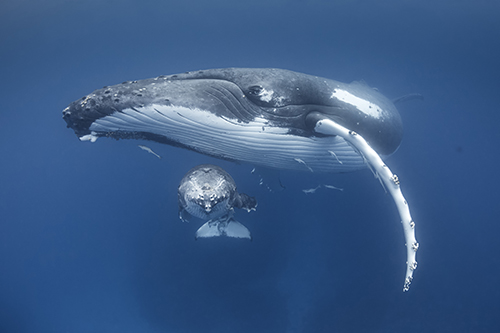
What is your lasting message to all the people who read this?
I think what people need to understand is that tourism is what keeps wildlife alive in many places. When people begin travelling again, we should be travelling responsibly, to destinations that act to sustain wildlife areas, and choosing companies that put money back and are not wholly extractive.
Personally, I believe the pandemic has forced us to see how interconnected we are. While this revelation has been devastating, it’s also shown us how we are able to unite and act as individuals for the collective good. This is a moment when we can look outside ourselves and take individual action for the good of the planet. I am personally thinking about a different approach to my own work and my travel.
Travel is important, but I know that we must change how we travel. We can alleviate some of the environmental stress of travel simply by keeping more of our adventures local. If you do go abroad, rather than trying to see it all, slow down and engage with one place at a time. Instead of travelling to many countries, think about spending time in one place in that same time frame. When we take the time to slow down and truly build real relationships with people and places, an authentic connection is created.

